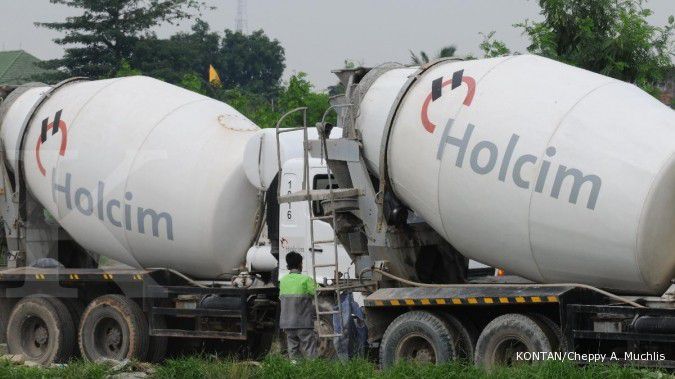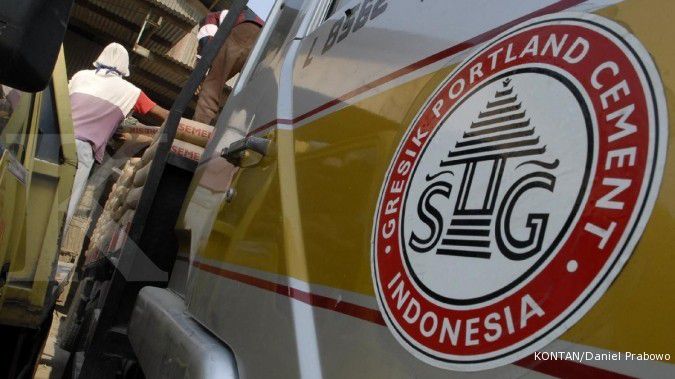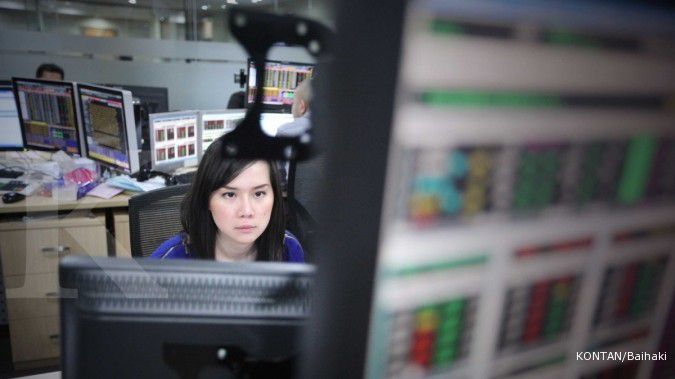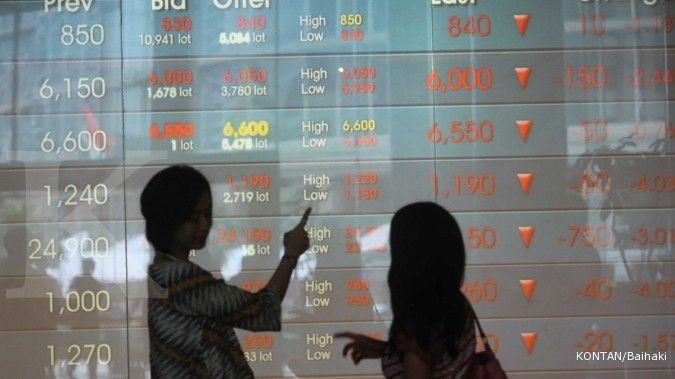JAKARTA. Jakarta-listed PT Holcim Indonesia, the local unit of Zurich-based Holcim Ltd., hopes its new plants in East Java will provide the boost to production it needs to maintain its share of the competitive national cement market.
The company plans to commence operations of the new US$450 million cement factory called Tuban I in East Java this June.
Given that the start of operations falls in the middle of the year, the plant is likely to initially contribute around 850,000 tons of cement, half its annual production capacity of 1.7 million tons, according to Holcim president director Eamon Ginley.
Holcim Indonesia currently has two cement factories in Narogong, Cibinong, West Java, and in Cilacap, Central Java, in addition to two cement mills in Johor Bahru, Malaysia and in Ciwandan, West Java.
The company and its subsidiaries have a total production capacity of 8.2 million tons of cement in Indonesia and a further 1.2 million tons in Malaysia.
Given the imminent operation of Tuban I, the company’s production should rise to around 9 million tons this year.
Following the completion of Tuban I, Holcim will continue its expansion by slating another cement plant nearby called Tuban II, which will also have a production capacity of 1.7 million tons.
Tuban II is scheduled to be completed and in operation in the first half of 2015.
Holcim has signed a key equipment and installation contract for Tuban II with ThyssenKrupp Polyius. The contract of works is worth $250 million, which is part of Holcim’s $350 million investment in the new plant.
ThyssenKrupp Polysius also worked on the assembly and installation of the Tuban I facility.
“By proceeding immediately with Tuban II, we will double our capacity from this single site, in order to ensure that we can continue to help meet Indonesia’s rising cement demand,” Ginley said.
“Tuban I and II represent a considerable investment — in total over $800 million — by Holcim in contributing to the future of the cement industry and addresses capacity constraints in the fast growing Java market as well as being able to supply outer island markets by sea,” Ginley added.
National cement consumption reached 54.96 million tons in 2012, increasing by 14.5 percent from a year earlier, according to figures from the Indonesian Cement Association.
The national cement market is expected to report further double-digit growth this year.
According to data from the association, national consumption rose 14.5 percent to 4.65 million tons in January compared to 4.06 million in the same period last year.
State-owned cement producer PT Semen Indonesia, formerly PT Semen Gresik, reported growth higher than the national average. The company’s total sales reached 2.04 million tons in January, increasing by 23.9 percent compared to 1.65 million tons year-on-year.
Semen Indonesia holds the largest market share, followed by PT Indocement, with Holcim in third place.
Shares in Holcim were unchanged at Rp 3,200 (33 US cents) apiece on Tuesday. Meanwhile, shares in Semen Indonesia were also unchanged at Rp 16,500 apiece.
Holcim Indonesia is 80.65 percent owned by Holderfin BV, a wholly owned unit of Zurich-based Holcim Ltd., and the remaining 19.35 percent is held by the public. (Raras Cahyafitri, The Jakarta Post)
Holcim’s new plant to start production this year
February 20, 2013, 04.04 PM
/2011/10/10/27425965.jpg)
ILUSTRASI. Carrefour di Prancis
Reporter: Dyah Megasari
| Editor:
Latest News
-
March 02, 2026, 04.45 PM
Indonesia has Seized 5 Million Hectares of Palm Oil Plantations, Task Force Says
-
March 02, 2026, 01.10 PM
Asian Assets Slide as Mideast Strikes Spark Oil Spike, Haven Rush
-
March 02, 2026, 10.49 AM
Bank Indonesia Monitoring Market Movements in Response to Conflict in Middle East
-
February 25, 2026, 08.28 PM
Inpex to Solicit Bids for Construction of Indonesia's Abadi LNG Project in Mid-2026
-
February 24, 2026, 03.38 PM
Eni to Reach Final Investment Decision for Indonesia Gas Projects Next Month
-
February 24, 2026, 01.00 PM
Asia Stocks Try to Steady after Wall Street Selloff Sims Mood
-
February 23, 2026, 04.50 PM
Wall Street Futures and Dollar Slide on Trump Tariff Tumult
-
February 23, 2026, 02.17 PM
Indonesia's Government Spending Jumps 26% in January 2026
-
February 23, 2026, 01.47 PM
Indonesia's Government Spending Jumps 26% in January













